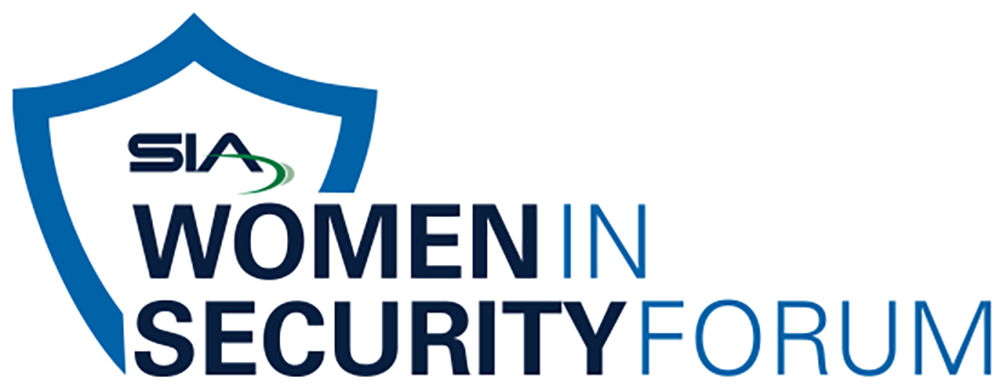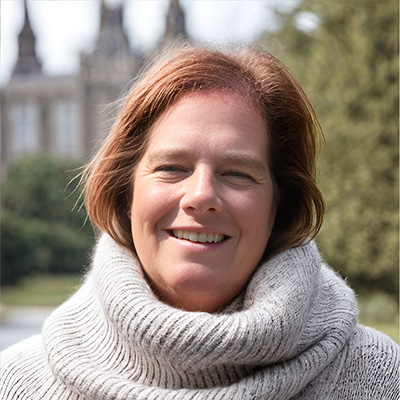Women in Security Profile: ‘The lack of diversity can sometimes feel isolating,’ says Jennifer Doctor
By Kenneth Z. Chutchian, Contributing Editor
Updated 8:20 PM CST, Tue November 26, 2024

YARMOUTH, Maine —As a woman in a male-dominated field, Jennifer Doctor stresses the need to connect with groups like the Security Industry Association’s (SIA’s) Women in Security Forum (WISF) to create a more diverse industry.
Doctor is a product manager and marketing consultant who has worked in the security industry for more than 12 years, most recently as global product director, access control, at acre security, where she was responsible for complete product lifecycle management of the access control product portfolio.
 “While the lack of diversity can sometimes feel isolating, it has also made me value and seek out connections with others who bring different perspectives,” Doctor said. “This is why networking for woman is more essential, and how WISF can help. WISF offers women an opportunity to connect with others who may share the experiences you have, may be able to have more empathy for your situation. Over time, I’ve seen the industry start to open up to more diverse voices, and I’m proud to be part of that change. It’s been a journey of resilience, growth and continuous learning."
“While the lack of diversity can sometimes feel isolating, it has also made me value and seek out connections with others who bring different perspectives,” Doctor said. “This is why networking for woman is more essential, and how WISF can help. WISF offers women an opportunity to connect with others who may share the experiences you have, may be able to have more empathy for your situation. Over time, I’ve seen the industry start to open up to more diverse voices, and I’m proud to be part of that change. It’s been a journey of resilience, growth and continuous learning."
As part of Security Systems News’ and the SIA Women in Security Forum’s continuing series highlighting the contributions of women in security, the following is an exclusive Q&A with Doctor.
SSN: How did you get into the security industry? What motivates you to stay?
Doctor: I "fell" into the security industry about 12 years ago when a friend, who was consulting for a client nearby, needed extra help. I joined him temporarily, but that consulting gig led to a contracting assignment, and eventually, I was hired full-time.
I stay in this industry because my choices can directly impact people’s safety, sometimes even their lives. For example, mistakes in user manuals can lead to misoperations, causing critical failures at the wrong time.
Staying in security is meaningful because it’s about more than just products; it’s about protecting lives.
SSN: What has your journey been like in a male-dominated industry without much diversity?
Doctor: My journey in a male-dominated industry has certainly come with its challenges, but it’s also been rewarding. At times, I’ve had to prove my expertise more than others might have to, but that’s also pushed me to excel and stay sharp. I’ve learned to advocate for myself and not shy away from sharing my ideas, even in spaces where I might be the only woman in the room.
SSN: What has been your biggest challenge in the security industry and how did you overcome it?
Doctor: My biggest challenge in the security industry has been navigating an environment where my voice wasn’t always initially heard or valued. In a field that has traditionally been male dominated, earning respect and credibility took extra effort. I overcame this by consistently delivering high-quality work, staying current on industry trends, and being proactive in contributing ideas.
SSN: Moving forward, what does the security industry need to consider when addressing diversity?
Doctor: Looking at hiring in a male-dominated industry, like security, requires intentional strategies that promote inclusivity. There needs to be a focus on broadening the talent pool through looking at recruitment channels, re-evaluating job descriptions and requirements, and implementing unbiased screening. The industry needs to create equitable environments through promoting inclusive company culture; investing in programs for internships, scholarships and mentorships; and setting goals with defined metrics and measurement.
Comments